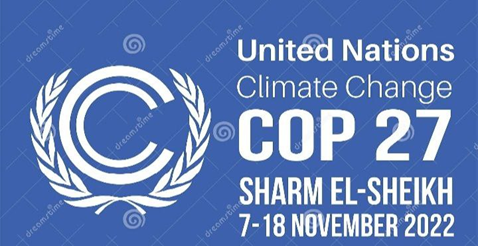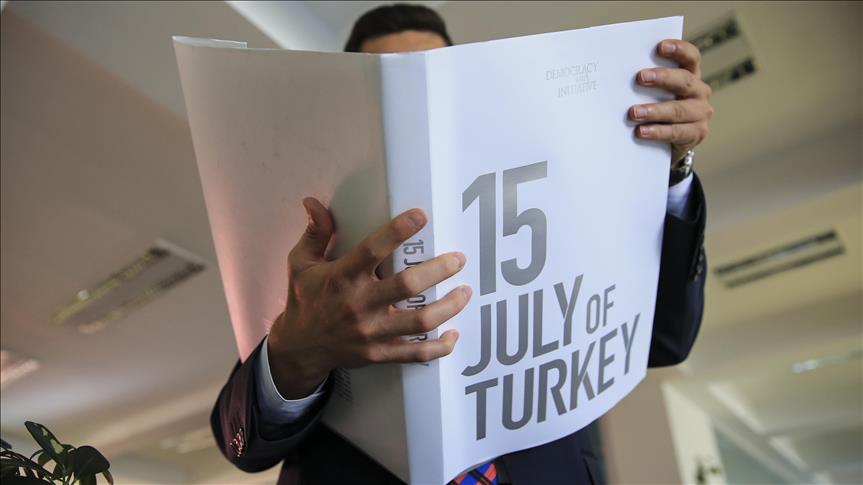
Egyptian authorities have prevented at least five NGOs from attending COP27, which reaffirms fears that civil society will be muzzled at the crucial climate summit to be held in Egypt, reported the Guardian.
Egyptian authorities have recently prevented at least five leading civil society organizations, critical of the government, from attending the 27th session of the Conference of the Parties (COP 27) to the UNFCCC to be held in Sharm El-Sheikh, Egypt, from 7-18 November 2022.
The government secretly compiled a list of NGOs that would be allowed to apply for one-time registration for the climate summit in November, leaving out prominent organizations.
These dropped NGOs included the Egyptian Commission for Rights and Freedoms (ECRF), the Egyptian Initiative for Personal Rights (EIPR), the Cairo Institute for Human Rights Studies (CIHRS), the Center for Egyptian Women’s Legal Assistance (CEWLA), and the Association for Freedom of Thought and Expression (AFTE).
“You don’t let a government tell the UN who is and who isn’t an NGO, certainly not the Egyptian government,” said the ECRF’s Ahmad Abdallah, in comments to the Guardian.
Outsourcing the selection of acceptable NGOs, according to Abdallah, means that “the UN is colluding with the Egyptian government to whitewash this regime.”

Last month, 36 organizations, including four of the excluded groups, calledonEgyptian authorities to ease their grip on civic space and uphold the rights to freedom of expression, association, and peaceful assembly to enable a successful climate summit.
“Egyptian authorities should ease their grip on civic space and uphold the rights to freedom of expression, association, and peaceful assembly to enable a successful climate summit, known as the COP27, in Egypt,” 36 organizations said in a statement last month.
In an interview with The Associated Press on May 24, Egypt’s Foreign Minister Sameh Shoukry said that his government is planning to designate “a facility adjacent to the conference center” in Sharm el-Sheikh, in the Sinai Peninsula, where the meeting will be held, where activists can hold protests and voice their opinions.
He also said that the government will provide participants “access, as is traditionally done on one day of the negotiations, to the negotiating hall itself.
However, the organizations are concerned about the implications of Shoukry’s comments on the right to peaceful activism at the COP27.
Given existing restrictions on protest and assembly in Egypt that amount to their effective criminalization, the Foreign Minister’s comments implied that the Egyptian authorities will not tolerate protest outside this “government-designated” space, stated HRW.
Under international human rights law and standards, demonstrations should be facilitated as a general rule within “sight and sound” of their target audience.
“The Egyptian authorities should unconditionally allow peaceful protests and gatherings around the time of COP27, including in Cairo, the Egyptian capital, and other cities,” the watchdog stated.
The latest news corroborates fears that, despite the regime’s promises, its longstanding hostility toward dissent has not eased up ahead of the event.
The government is using COP27 “to portray a different image of Egypt, one where people are kept away from cities suffering from pollution, poverty or repression,” Abdallah, told the Guardian.
“Part of this image is keeping critical voices out so that the only ones heard in Sharm el-Sheikh are those praising the government,” he added.



